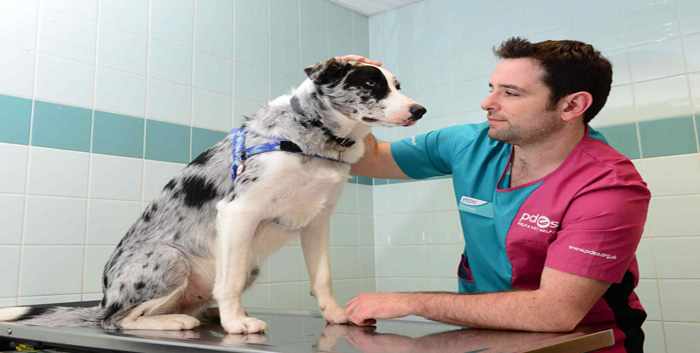PDSA has announced that it has reviewed its operations to identify the most efficient way to achieve our charitable aims of preventing illness, educating pet owners and treating sick animals with its available funds.
The charity said that when people struggle economically, PDSA is the safety net that ensures their pets are cared for. Since 2008, demand for its services has soared by around 50 per cent. In that time, instead of cutting services, it has been using its charity reserves to meet the unprecedented demand.
A spokesman for PDSA said: “Our 48 Pet Hospitals continue to be the most sustainable, cost-effective and impactful way for us to deliver pet wellbeing. Going forward, we will be providing free care through our hospital network for one pet per eligible household, reduced from the current three.
“Clients with more than one pet will still be able to access PDSA care for their pets through our reduced-cost charitable service. Those with pets already registered with us, requiring long-term care (for conditions such as diabetes or heart disease), will still be supported.”
PDSA has also announced that the Pet Treatment Fund – a service that provides a discretionary contribution towards a pet’s treatment for clients that fall outside of PDSA’s catchment areas – will be withdrawn. PDSA said this service model is small, supporting around 4,000 of the 430,000 pets it helps annually.
PDSA has also revealed that it is continuing to review the Pet Practice Scheme (a service funded by PDSA, but delivered via private vet practices) and is working closely with practices to explore if any other financially viable alternatives to the current scheme exist. This review is due for completion later this year but for now, this service will continue as normal.
The spokesman added: “By reviewing and reshaping our services, which is something PDSA has always done over the past 100 years, we can continue to help millions of pets in need, long into the future in a sustainable and affordable way.
“As a charity, we are funded entirely by public support. We don’t get any Government funding, it costs £60 million to run our services every year and we rely on the generosity of our supporters to help keep our services running.”


